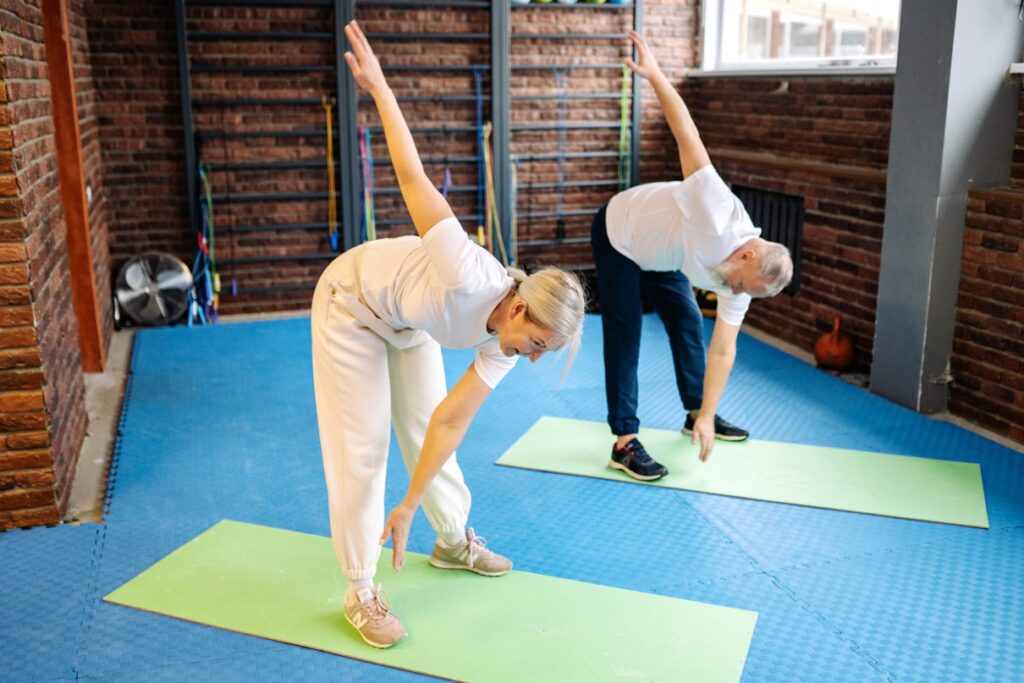How to live longer? This is a question that scientists have been working on all the time. However, the longer people live and the more their bodies degenerate, the more important it is to have a healthy old age.
New York, NY (Business Northeast) – With the continuous advancement of human medicine, people live longer. According to the The World Factbook survey report released by the US Central Intelligence Agency (CIA), there are 51 countries in the world whose life expectancy is over 80 years old. Monaco’s life expectancy is as high as 89.40 years, followed by Singapore, Macau, and Japan. What do we have to do to live as long as they do and enjoy old age in good health?
The secret of longevity includes various habits of people’s life, such as diet, exercise, sleep, etc. Let us follow experts’ footsteps to develop healthy habits and live a happy and long life!
Healthy diet habit
Judging from Monaco, which ranks first in life expectancy, they take in a variety of nutrients and are accustomed to eating a Mediterranean diet. They mainly consume healthy fats (olive oil), rich fruits and vegetables, whole grains, fish and shellfish, beans, dairy products, and moderate amounts use spices; eat less red meat and sweets, and drink red wine in moderation in addition to water. The Mediterranean diet has been named the best diet for 2022 by Forbes Health.
Experts advocate the intake of healthy fats and a balanced diet, which makes the Mediterranean diet and the DASH Diet popular, and these two diets extend the new MIND Diet. The MIND Diet emphasizes natural foods, advocates eating berries green leafy vegetables, and restricts the intake of animal foods and foods high in saturated fat. In recent years, more and more people have chosen the MIND Diet to delay brain degeneration and reduce the risk of dementia.

Keep exercising
Many people will make excuses not to go to the gym or go out for a run. However, research has shown that walking is also good for health, so there should be no more excuses! According to a large University of Massachusetts study, people who walked at least 7,000 steps a day had a 50% to 70% lower risk of death. The research was published in the medical journal JAMA Network Open.
A study from Taiwan found that just 15 minutes of physical activity a day can reduce mortality by 14% compared to inactive people, equivalent to adding three years to life. There are many ways to exercise, such as aerobics, dancing to music, cycling, ball games, walking, etc. The key is to find the exercise method that suits you; when you like these sports, it will help you continue to exercise!
Make life full of laughter
Laughter is not just an emotional response to the environment, situation, and stimuli. Current research shows that laughter has quantifiable positive physiological benefits. Laughter relaxes the body and relieves tension and stress. In addition, laughter can increase the immune system, improving people’s resistance to disease. According to an article published by the American Heart Association, getting giggling is one way to reduce stress.
On the other hand, laughter protects the heart, improves blood vessel function, and increases blood flow, which can help prevent heart attacks and other cardiovascular problems.
“The ability to laugh – either naturally or as learned behavior may have important implications in societies such as the US where heart disease remains the number one killer,” says Michael Miller, MD, FACC, director of the Center for Preventive Cardiology at the University of Maryland Medical Center.
Have enough sleep
Generally speaking, sleep accounts for one-third of our life, and the quality of sleep at night is as important as our daytime life. According to the BBC, when people sleep less, their life expectancy is shorter. Therefore, if you want to live a long life, you should rest properly and maintain adequate sleep time.
According to a study by Henry Ford Hospital in the United States, sleeping too long or too short may increase the risk of heart disease. Researchers have found that sleep can play a role in cardiovascular risk in the same way as diet, smoking, or exercise. It is recommended that a suitable sleep time is 6 to 7 hours.










